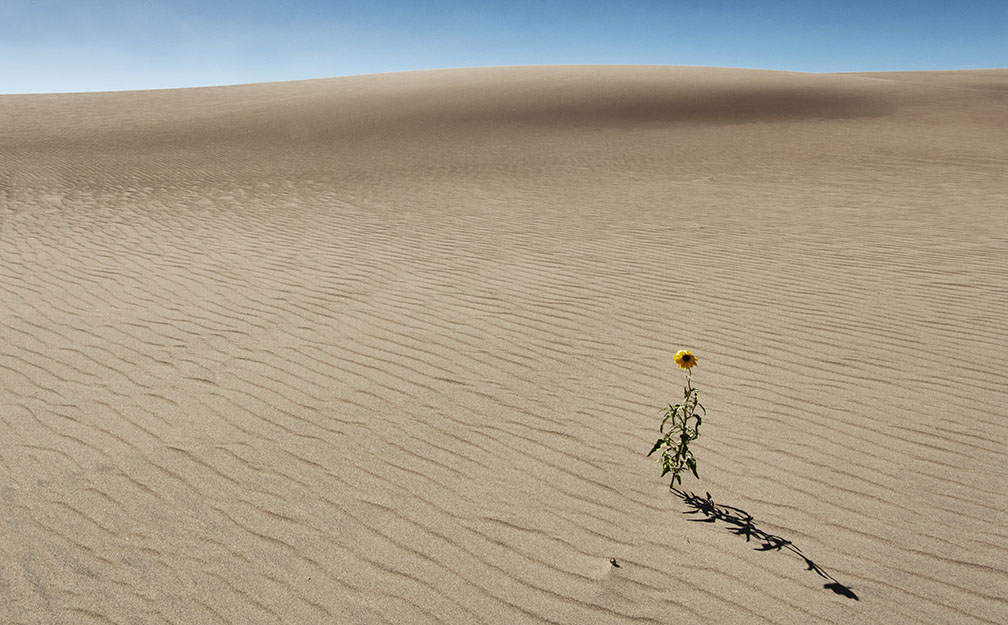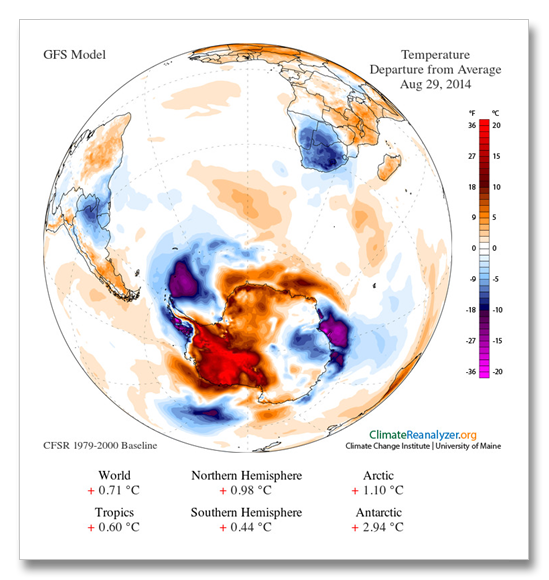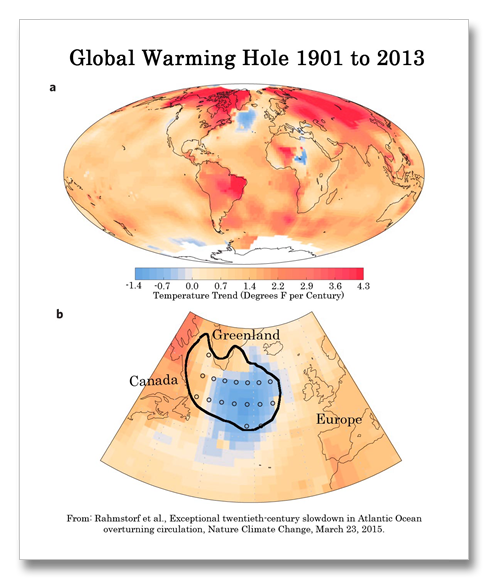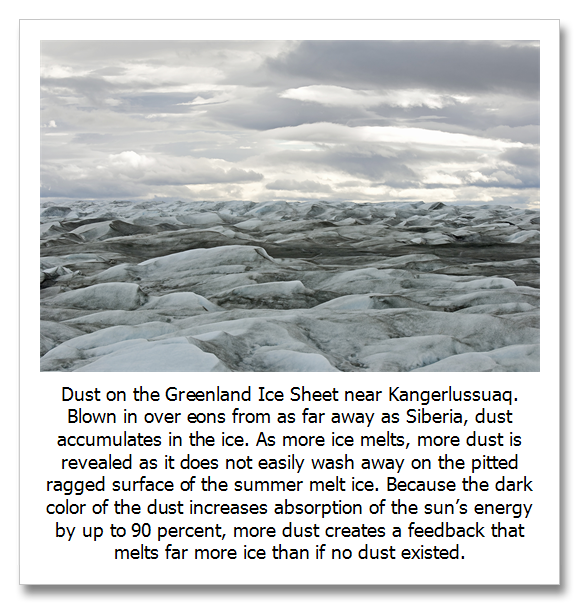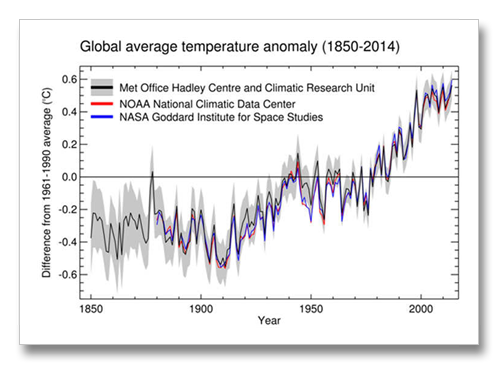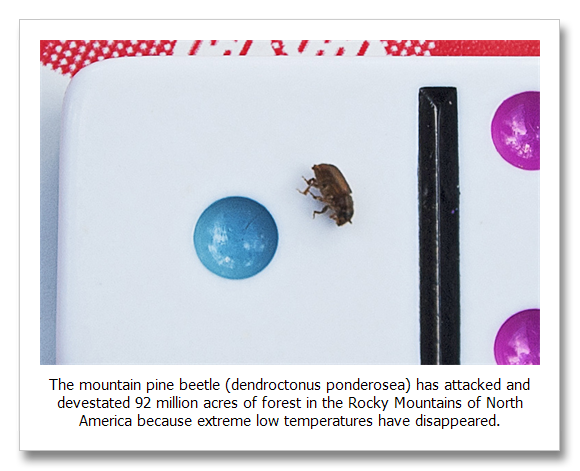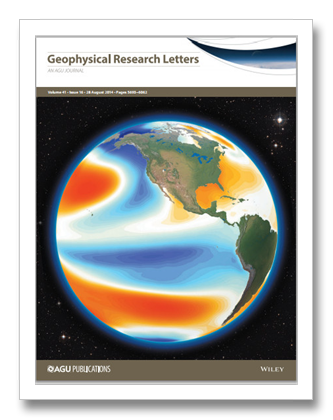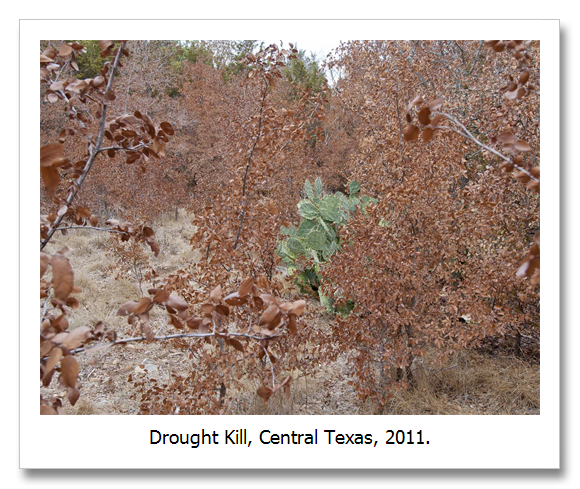
Work from the Institute for Atmospheric and Climate Science, Zurich, Switzerland has found that about 18% of moderate daily precipitation extremes and about 75% of moderate daily hot extremes, that are currently occurring over land, are attributable to warming. An ensemble of the latest models was used to try and average the individual modeling from…

